7 Reasons We Never Use Leather
Vegan Style exists as an alternative for those who don't want to support the many woes of the leather industry. If you're wondering what some of these are, and how they impact people, the planet, and of course, animals – you've come to the right place.

Reason 1: Leather funds slaughter
Let's start off with the most obvious reason to avoid leather: to protect the lives of animals.
Leather is not a by-product, but a valuable co-product of the meat and dairy industries. When people buy leather, this financially contributes to the system which rears and slaughters animals. In fact, sometimes cows are even raised specifically for their skin, killed young when their skins are still most soft.
No matter what system animals are raised and slaughtered in, all purchases of animal skins fund killing. The animals who are skinned in the leather industry are capable of feeling pain, joy, fear and excitement. We do not want to contribute to such violence against these individuals.

Reason 2: Leather is extremely environmentally harmful
According to the Sustainable Apparel Coalition, cow skin leather is the third most environmentally impactful material to produce, only after silk and alpaca wool. Even polyurethane synthetic leather (PU) has a far reduced eco-impact.
This is because animal leather, like cow skin leather, has an enormous carbon footprint, requires large amounts of water to produce, as well as chemistry. Shockingly, even when it comes to fossil fuel use, cow skin leather is more harmful than PU!

Reason 3: Leather is destroying biodiversity
Even outside of the impacts factored into the Sustainable Apparel Coalition material ratings, leather continues to hurt the planet, and those living on it.
Animal-derived leather is extremely resource intensive, and is very land use inefficient. Basically, this means you need a lot of cleared land to produce a little leather. Across the globe, cleared native, biodiverse land used for agriculture is a leading cause of habitat destruction. It's also another way in which carbon is released and kept in the atmosphere due to leather producing systems – when trees are cut down, and when trees are not there anymore to suck in and store more carbon.
In the image above from Ana Terra Athayde at Vox, you can see cleared Amazonian land. The leather industry is responsible for the vast majority of Amazon Rainforest clearing.
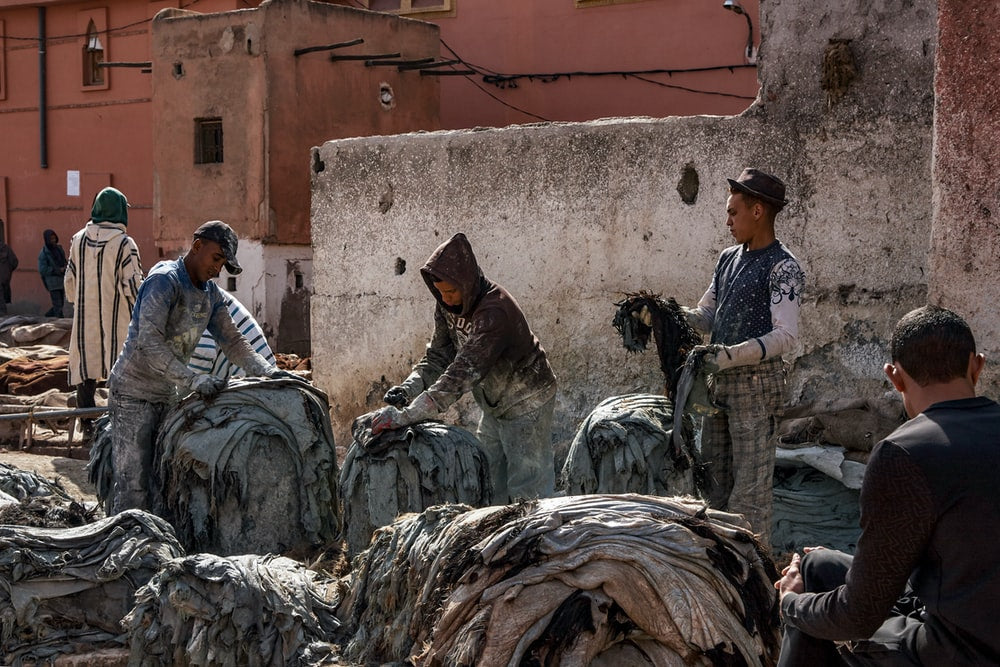
Reason 4: Leather tanneries are toxic
Leather is most often tanned with chromium, as well as formaldehyde, arsenic and other often carcinogenic chemicals. the leather tanning process not only harms workers, but their communities too, as pollution spills into their waterways, endangering the health of everyone who relies on them.

Reason 5: Forced labour is documented in the industry
Even before you get to tanneries, there are problems facing people who work in leather supply chains. In Brazil, where a significant amount of the global leather supply is sourced, forced labour has been documented in the cattle ranching industry. This is also the case in Paraguay and Vietnam.
In other parts of the leather supply chain, like in slaughterhouses, people are not necessarily forced into labour directly, but are made to work in a brutal, physically and mentally harmful position because of a lack of options.
Many slaughterhouse workers are settled refugees, immigrants, people of colour, and people who have had less access to education. These often more vulnerable people face serious health risks in this work, which most of us would absolutely hate to do, and be traumatised by.

Reason 6: Before they are killed, animals are treated violently
Not only do animals have their lives taken from them in leather supply chains, they face extreme cruelty first. For example, it is common and legal for cows to have their sensitive, nerve-filled horns cut off to the base, without any pain relief. Some cows have their tails broken, and even chilli forced into their eyes so that they continue walking towards their own slaughter.
Some of the most supposedly 'luxurious' skins used for leather come from calves ripped from their mothers in the dairy industry. These calves are extremely valuable to the leather industry, and both they and their mothers experience great distress when they are torn apart.

Reason 7: There are plenty of better choices
If there was an alternative to all of this injustice, why wouldn't we choose it?
There is simply no reason to support violence against animals, environmental destruction, community harm and unjust labour conditions which are all so prevalent in the leather industry.
Today, there are a wide range of materials that are more sustainable and ethical than leather, while looking just as good, if not better!

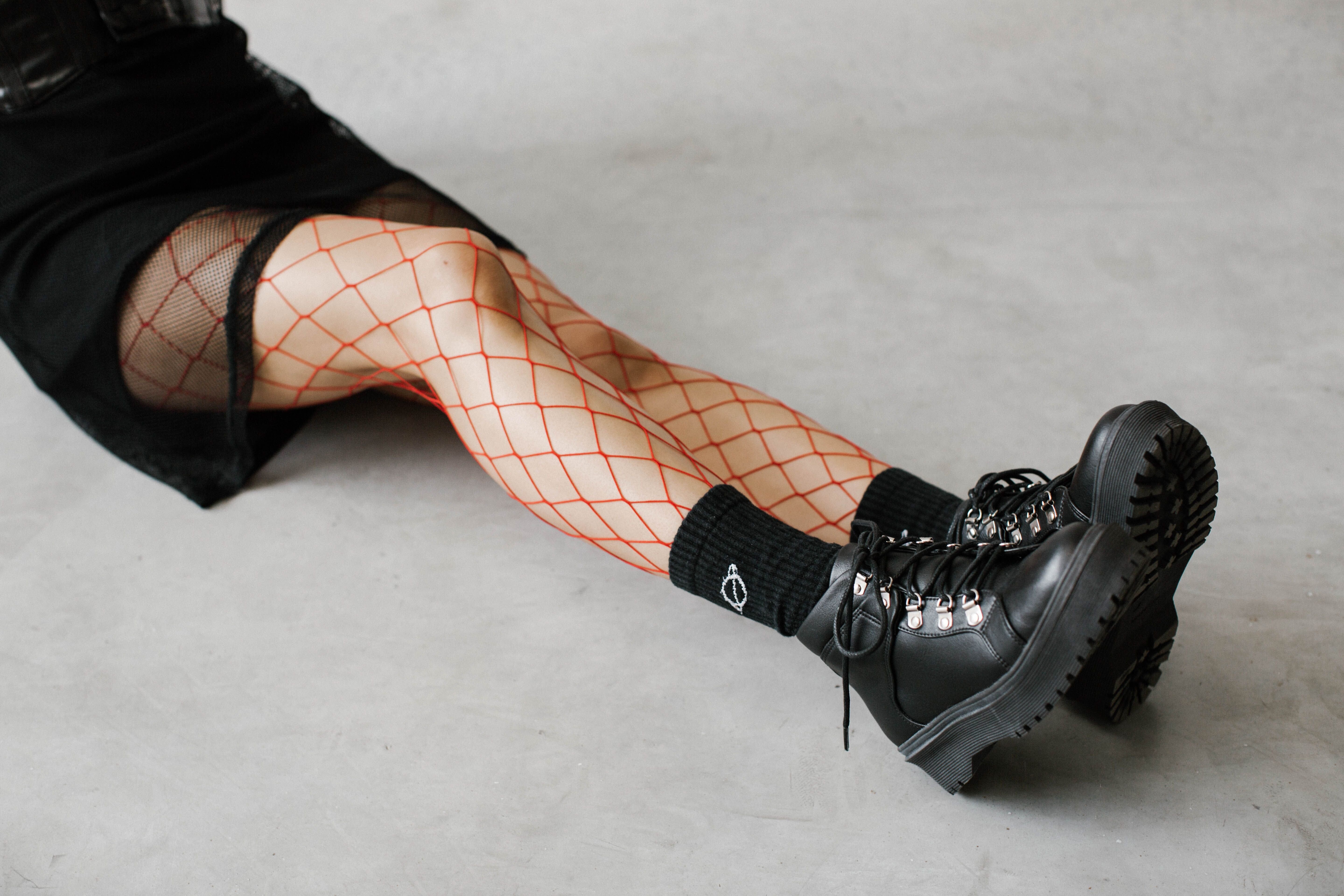
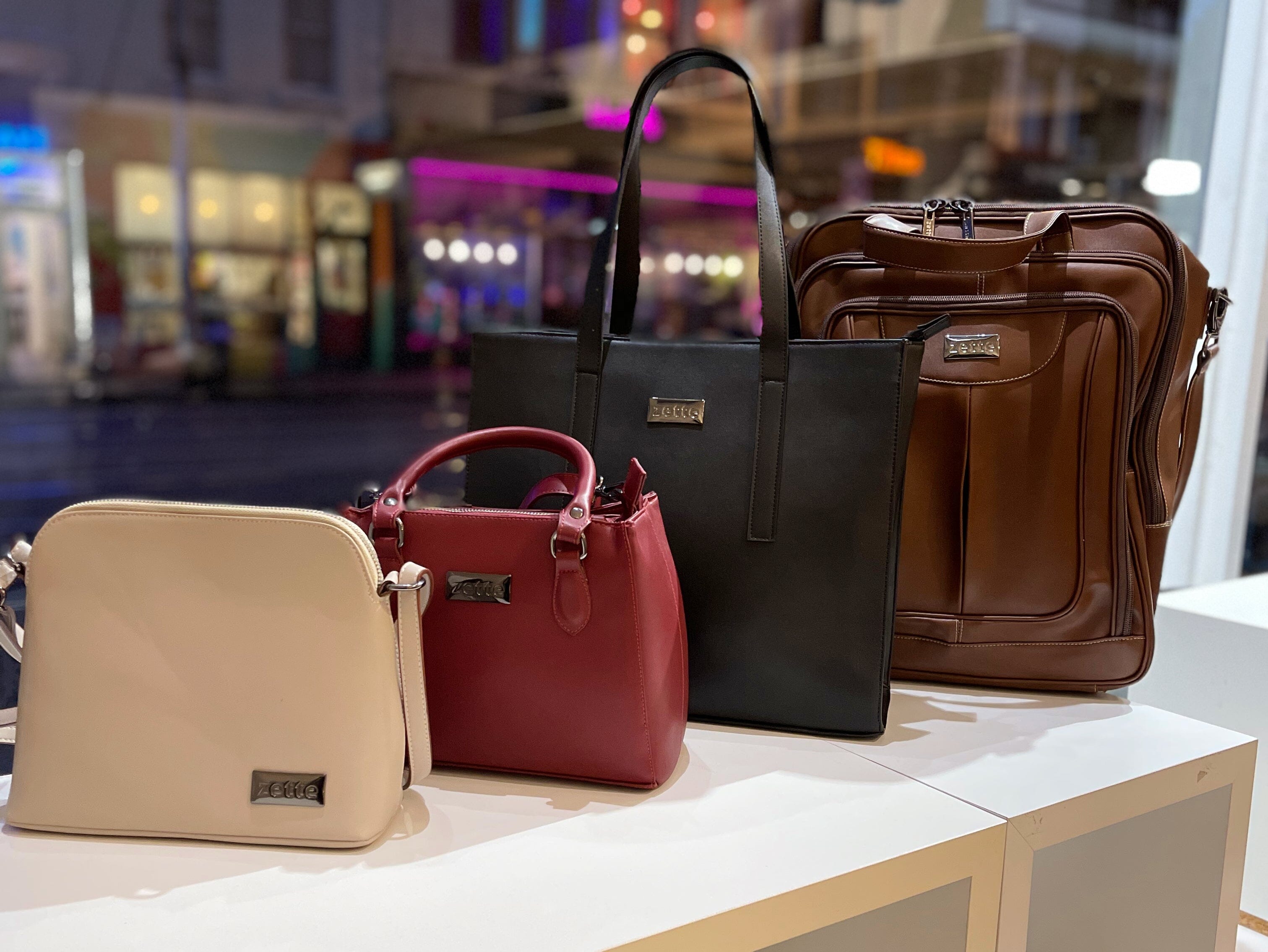


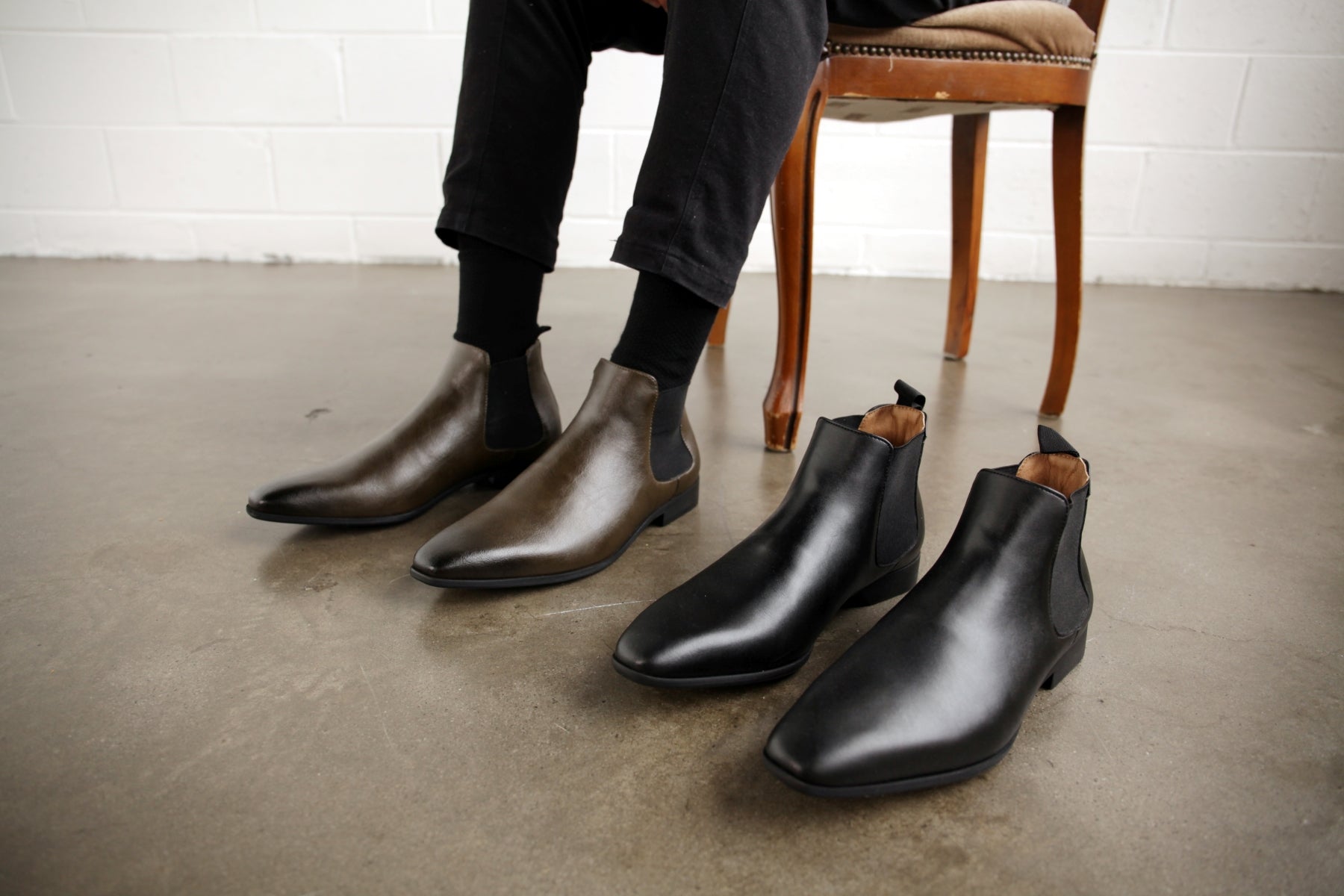

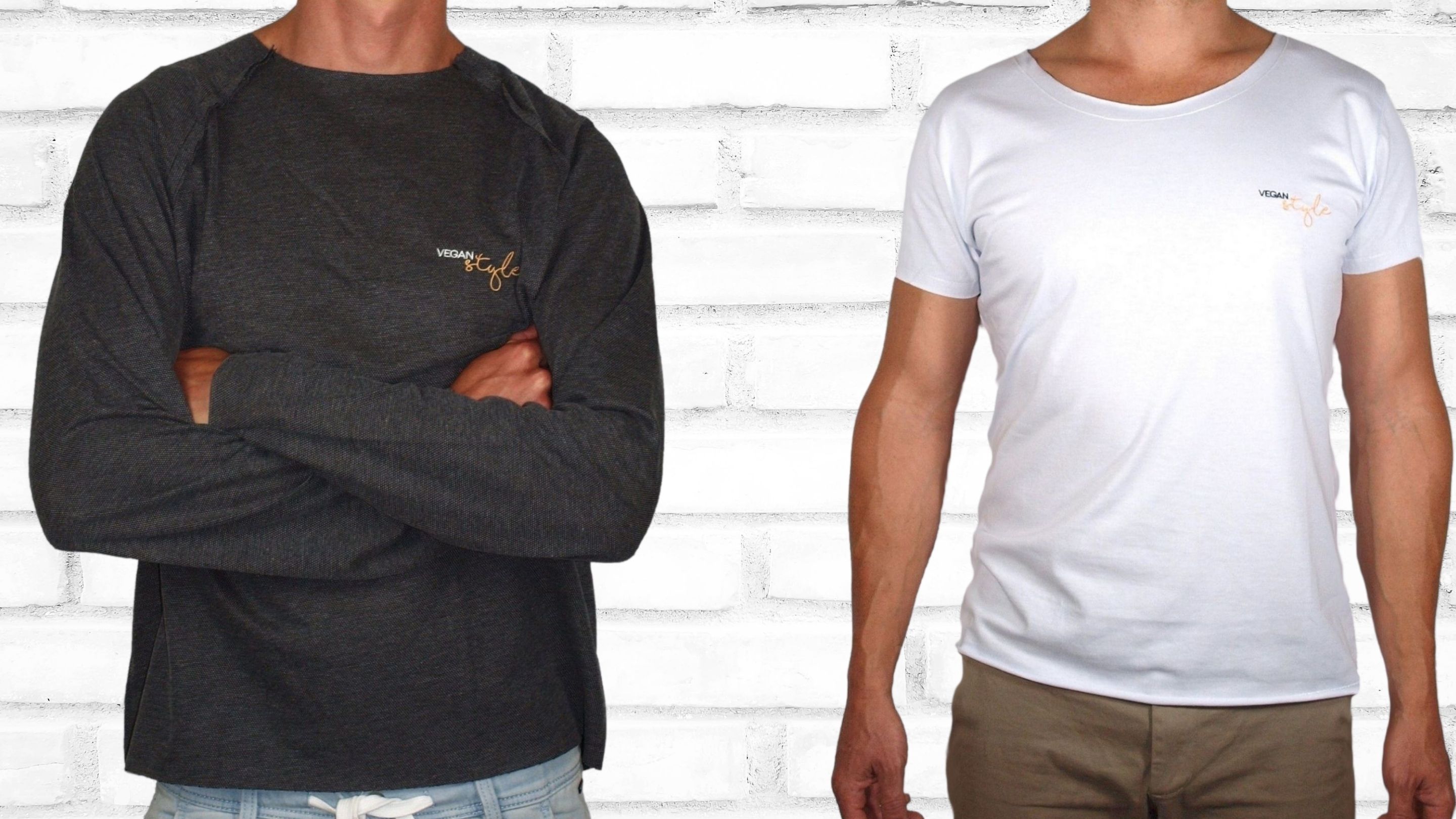

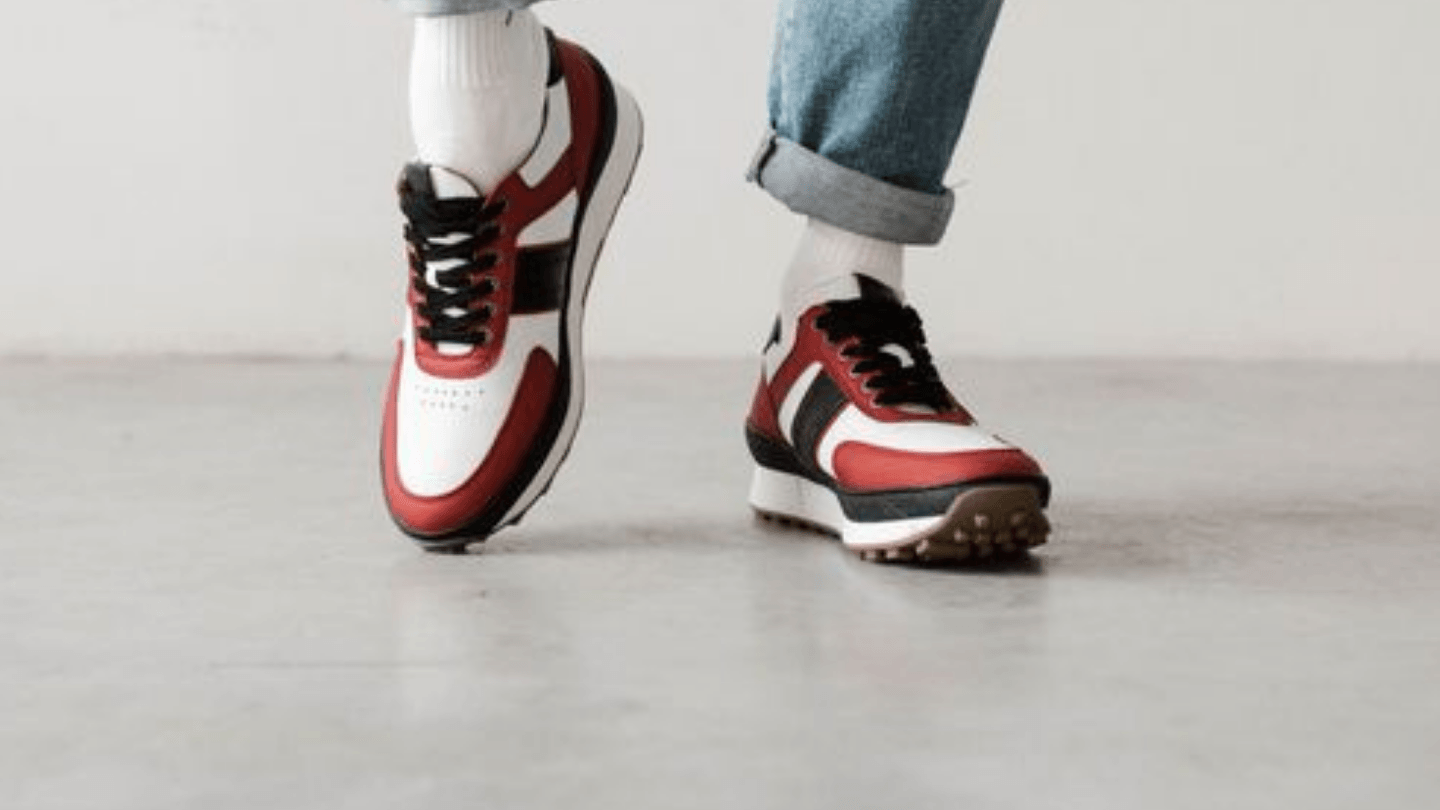
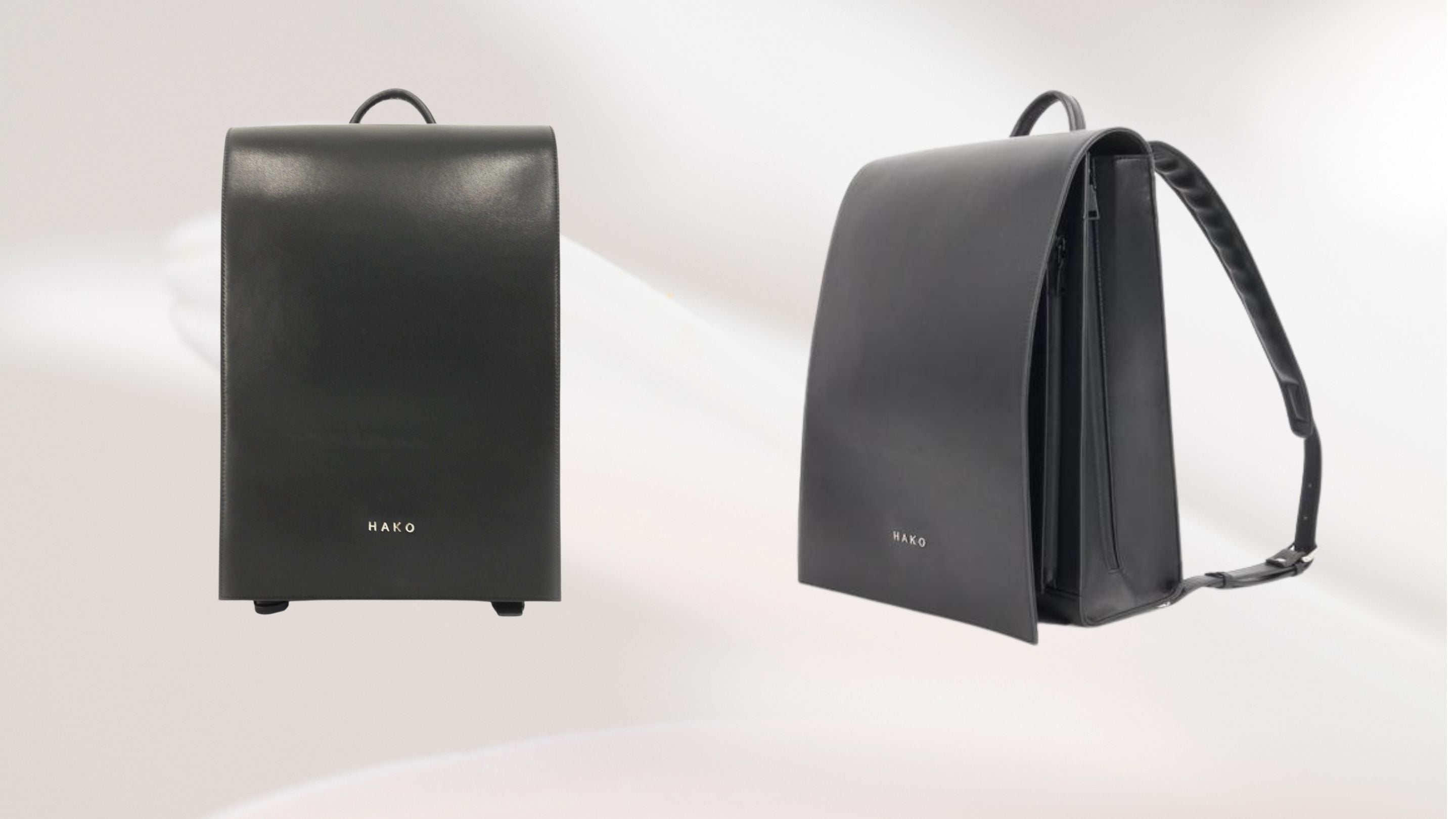


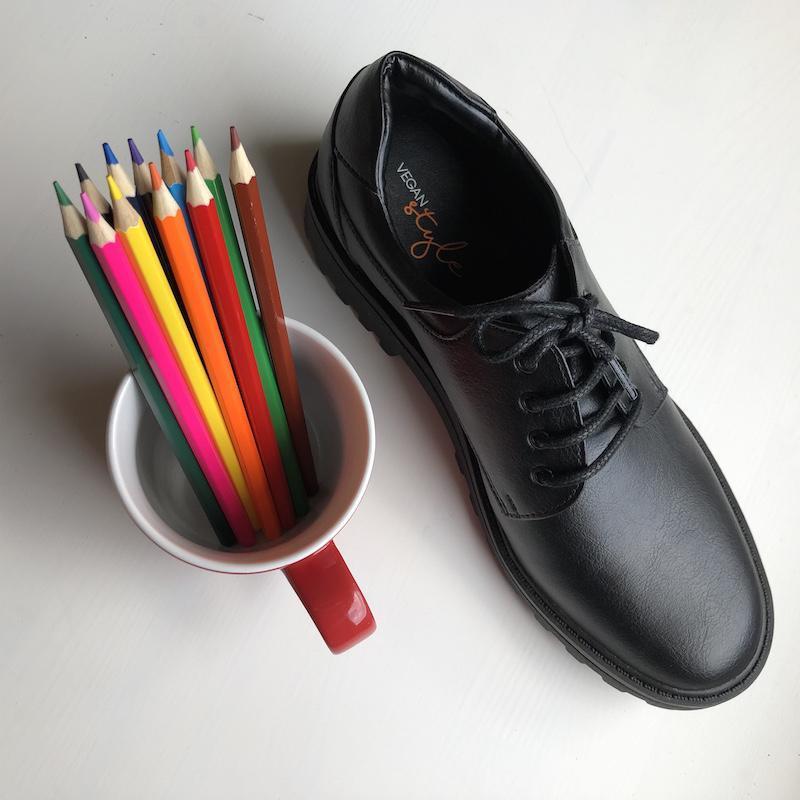

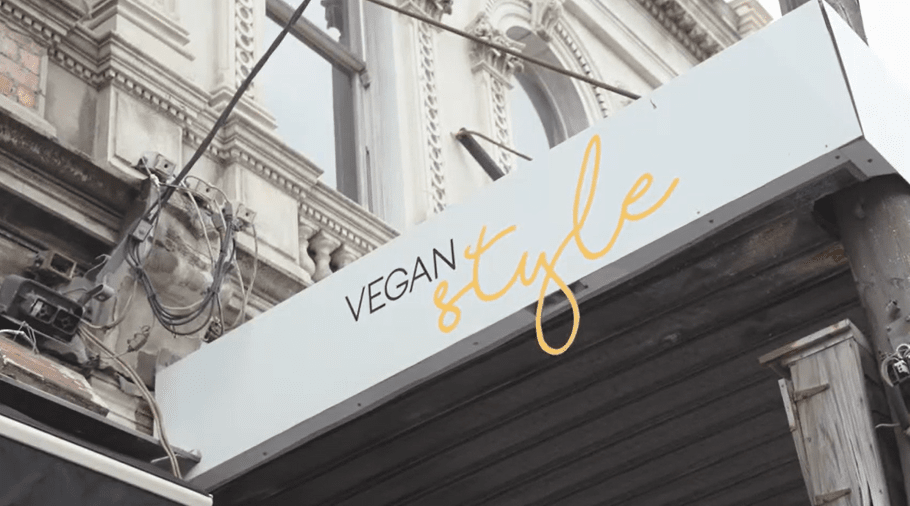
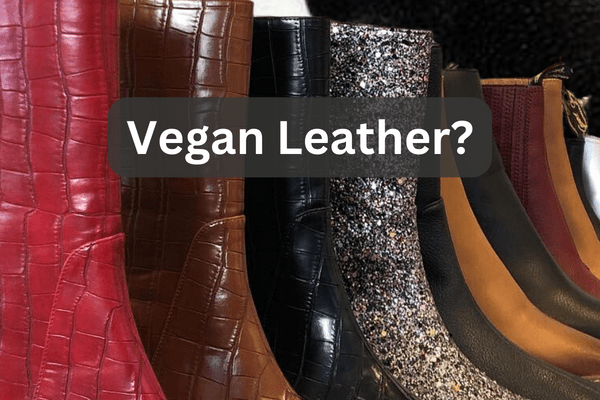
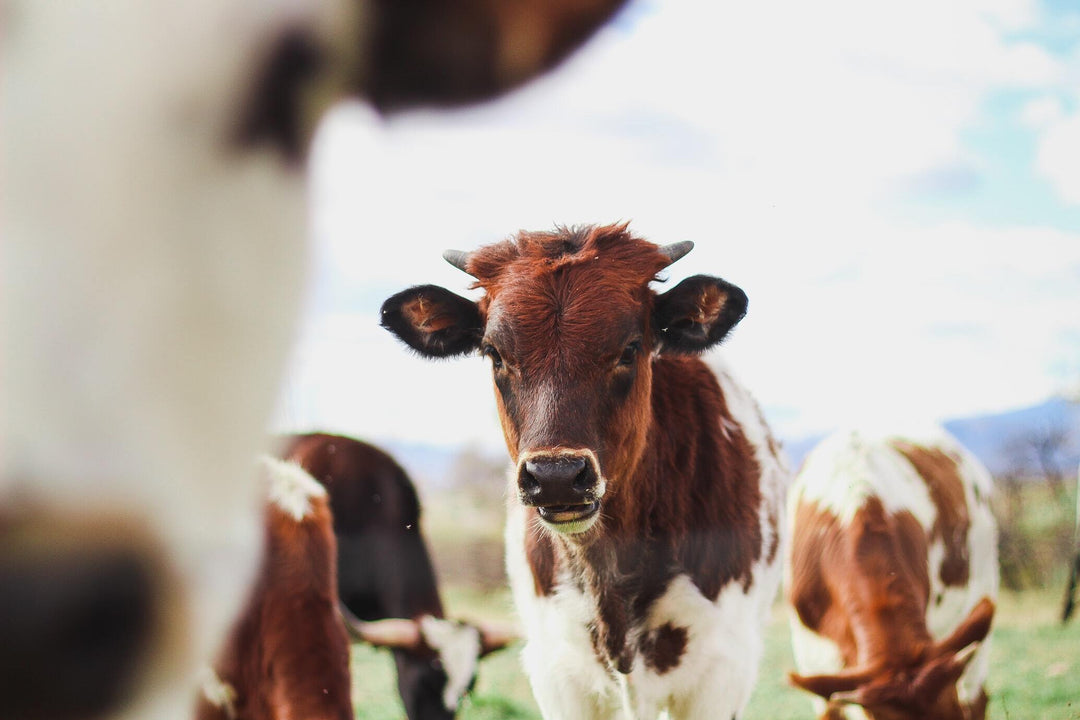
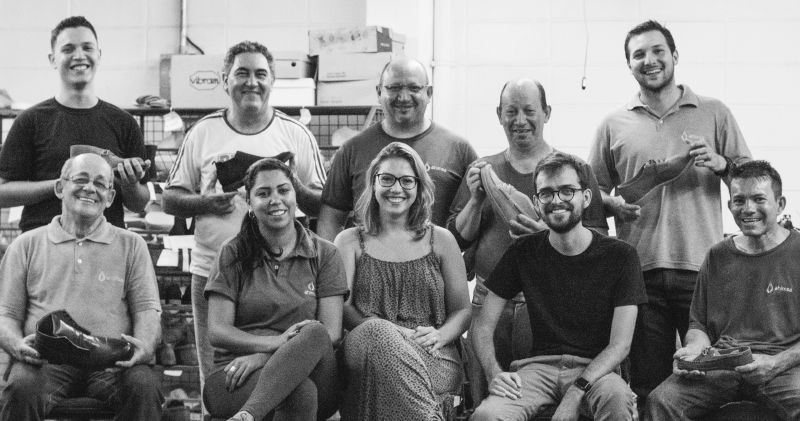

I 🩷 just wanted to say a huge thankyou to the people and congratulate you all at Veganstyle. Not only is it kind and just not to harm our animal friends ❤️ it is also imperative in today’s world to live with less violence and cruelty. Thankyou once again, your friend 💓 Jo
Looking for shoes that have earthing soles and heels. I can’t use anything that doesn’t ground on earth. I m also vegan. If you make your soles and heels with manmade materials or rubber, I’ll keep looking.
Thank you
Sounds wonderful what you are doing.
Leave a comment